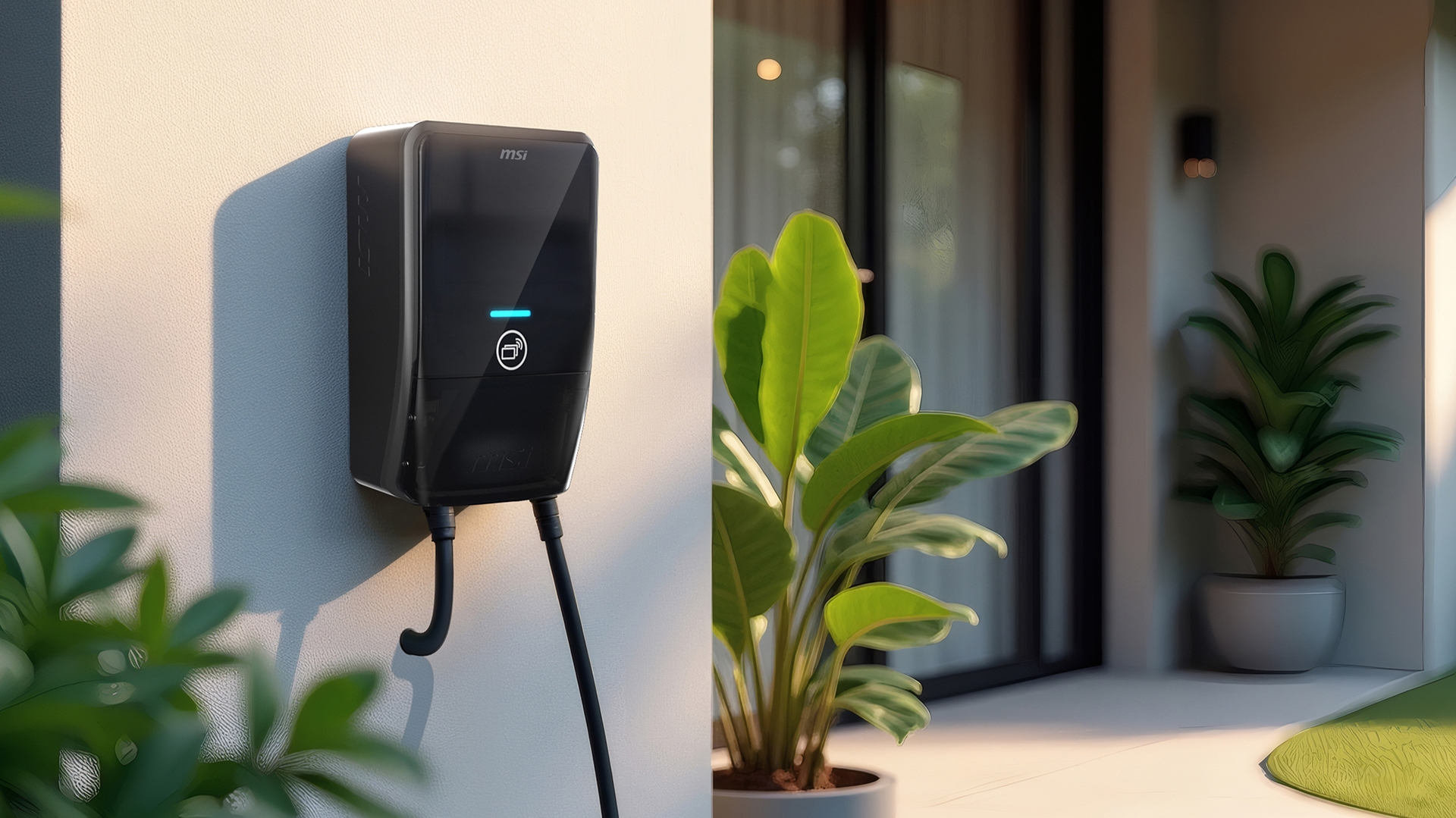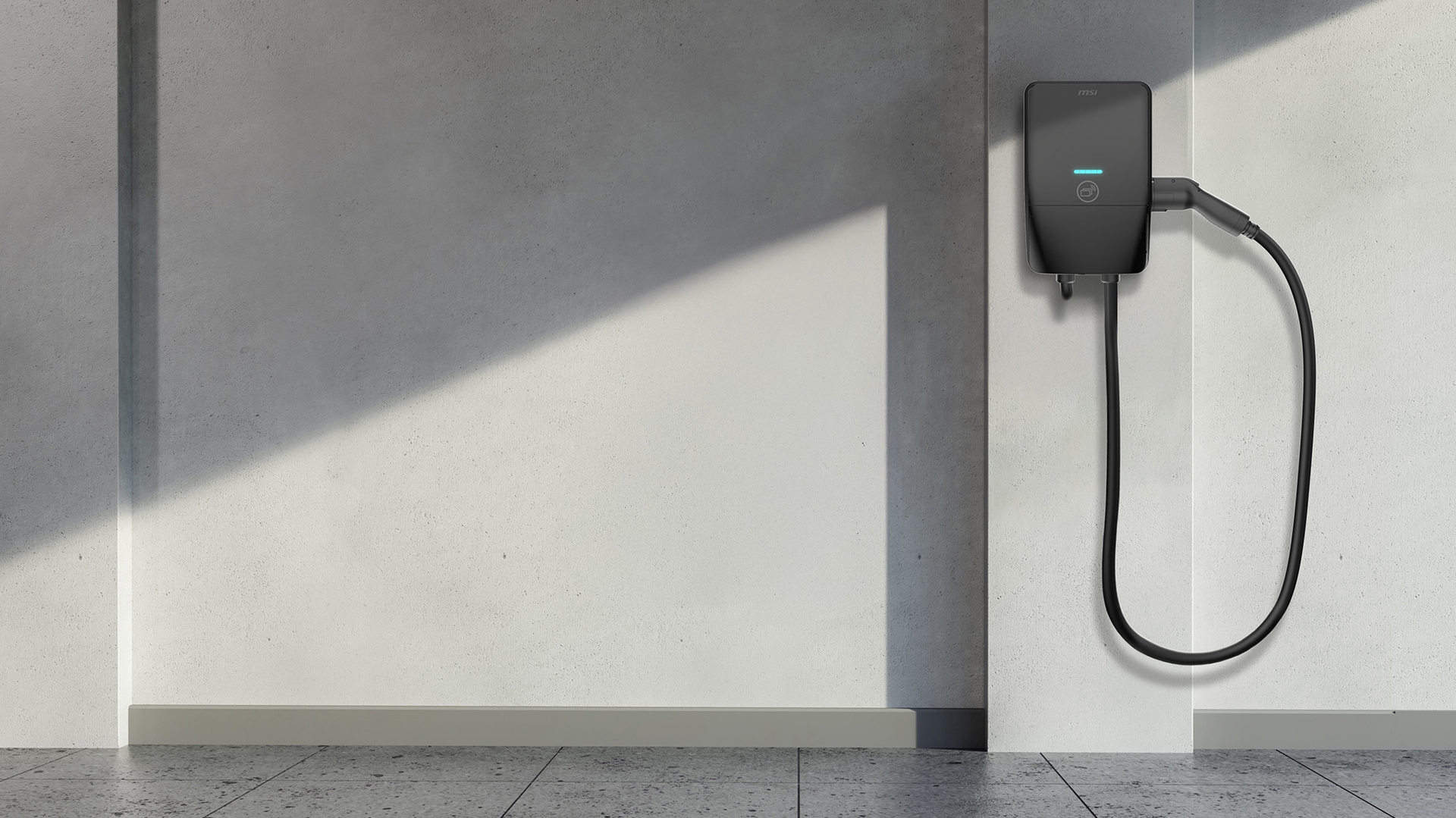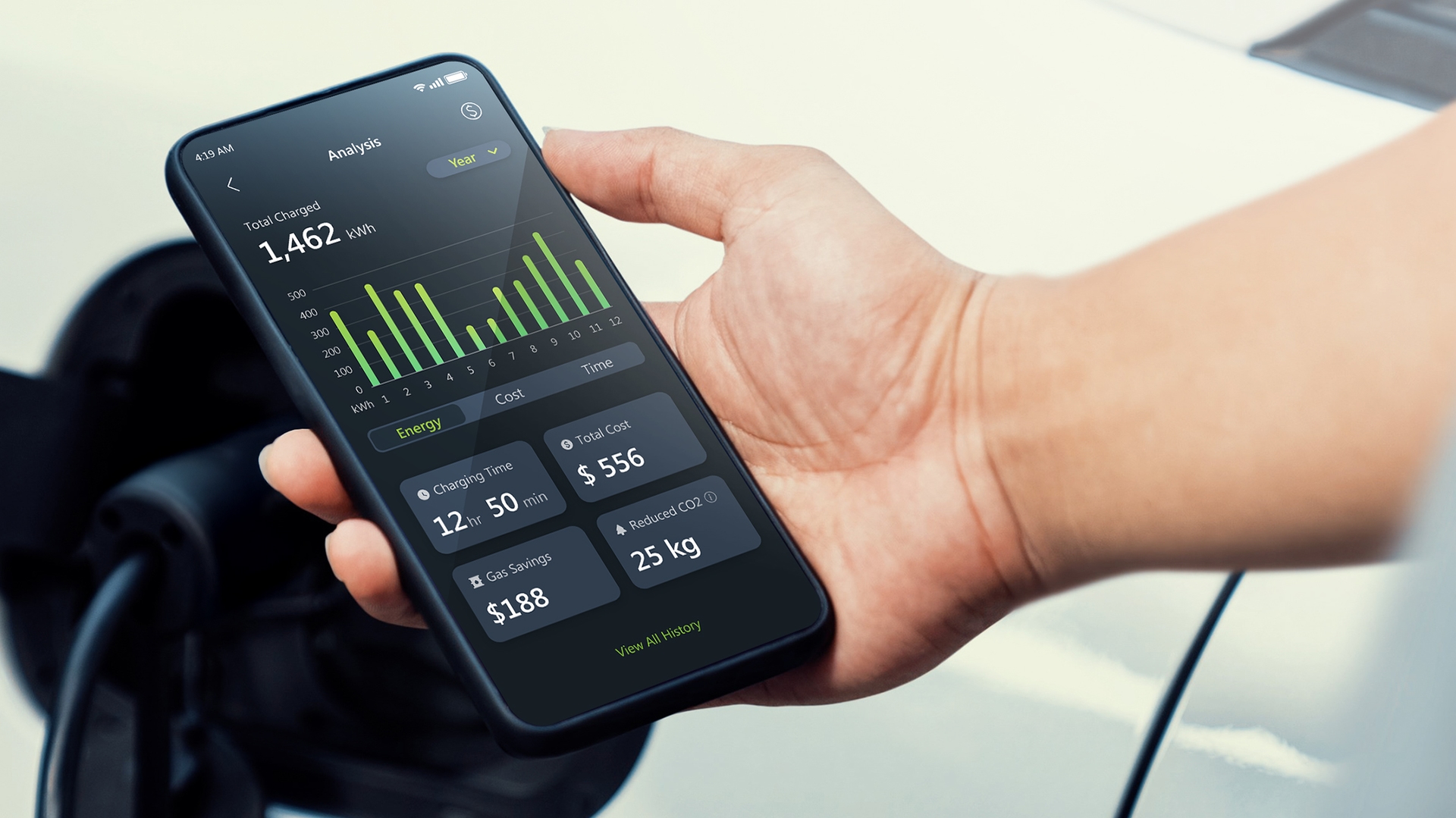MSI enters the US Electric Vehicle charger market with EV Life Series
MSI expands beyond the PC industry to deliver a lineup of EV chargers for a North American audience.

When I think of MSI, I think of motherboards, video cards, gaming monitors, and, more recently, PC gaming handhelds. So, the thought of MSI entering the electric vehicle (EV) was a foreign concept to me. Unbeknownst to me, even as an enthusiast with two EVs, MSI has marketed EV chargers in other parts of the world for quite some time. However, the company is now ready to expand to North America with MSI's EV Life and EV Life Plus EV chargers.
The EV Life Series is available in four different models: you can opt for a SAE J1772 or NACS (Tesla) connector in NEMA 14-50 (think U.S. dryer outlet) or hardwired configurations. No matter which SKU you choose, you'll receive an incredibly long 24.6-foot, IP55-rated charging cable and 14.4kW/60A that will add between 43 and 59 miles of range per hour to the average EV (think Tesla Model 3 or Hyundai Ioniq 7). If you're driving something like a Chevrolet Silverado EV with a massive 200 kWh battery, you'll probably see those numbers halved.

When it comes to EVs, many owners like to geek out on charging stats and electricity running costs. With that in mind, the EV Life Series has built-in Bluetooth, which, when paired with the MSI aConnect app, provides a powerful tool for monitoring your EV and setting up scheduling routines. With aConnect, you can monitor current and historical charging times, how much you're saving by using electricity over a comparable gasoline- or diesel-powered vehicle, the total cost of the electricity you've pumped into your EV, and how much carbon emissions you've saved.

The EV Life Plus Series is in many ways similar to its lesser sibling. You'll find the same four connection options (NACS with NEMA 14-50 or hardwired, or SAE J1772 with NEMA 14-50 or hardwired). You also get the same 14.4KW/60A charging capabilities as on the EV Life. However, the EV Life Plus amps things up with RFID authentication support along with Wi-Fi and Ethernet connectivity. The latter two features allow you to monitor the charging progress of your vehicle from anywhere, instead of the short-range limitations of Bluetooth-only support.
The EV Life Plus Series also supports the OCPP 1.6J standard, which provides a secure, industry-standard communications protocol for charging. This helps avoid vendor lock-in through proprietary standards, which is why MSI's EV chargers can work not only with Tesla vehicles, which helped popularize the NACS connector, but also with vehicles that use the SAE J1772 connector.
The MSI EV Life with NACS or SAE J1772 connector is available for $449. If you want to connect to your home's grid with a NEMA 14-50 connection, the price increases to $499. The EV Life Plus starts at $549.99 for a hardwired connection with a NACS or SAE J1772 connector. You'll also pay a $50 premium for a NEMA 14-50 electrical hookup. The chargers are available directly from MSI or from Amazon. For comparison, Tesla's 11.5kW/48A Wall Connector is $420.
Get Tom's Hardware's best news and in-depth reviews, straight to your inbox.

Brandon Hill is a senior editor at Tom's Hardware. He has written about PC and Mac tech since the late 1990s with bylines at AnandTech, DailyTech, and Hot Hardware. When he is not consuming copious amounts of tech news, he can be found enjoying the NC mountains or the beach with his wife and two sons.
-
gg83 I love how much Elon loves the number 420! He'd probably take a slight loss just to keep the price.Reply